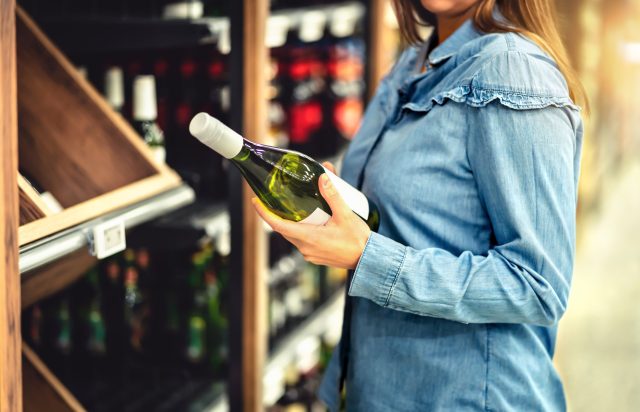Labour urged to ditch alcohol duty reform

In a letter from 58 firms, seen by the drinks business, the Wine and Spirit Trade Association, the WSET and a large number of producers, including Gallo, Laurent-Perrier, Accolade Wines, Freixenet Copestick, Zonin and retailers such as Majestic, have “urged” the next government to “commit” to making the temporary easement for wine between 11.5-14.5% permanent, ahead of its planned expiry on 1st February 2025.
As part of the duty reform, which came into force last August, wine is due to be taxed incrementally, by 0.5% ABV, between 11.5% and 14.5%, but these changes will only come into play at a later date on 1 February 2025.
Describing the move to axe the reform as “vital”, the companies and associations said that failure to do so would create “significant and unnecessary” running costs as well as imposing “unmanageable operational complexity”.
The letter also highlighted the overall value of the wine and spirits industry to the UK economy, generating more than £70bn in economic activity, more than 60% of the sector’s 413,000 full-time jobs.
Temporary
At present, there are temporary arrangements in place for 18 months from 1 August 2023 until 1 February 2025, which will see all wines between 11.5% and 14.5% ABV taxed as if they are 12.5% in strength — a temporary duty increase of £0.44 per 75cl bottle.
The Government argues that this has been done to support wine producers and importers in moving to the new method of calculating duty on their products. But after 1 February 2025 will be split into the sub-categories with differing duty rates.
Producers have argued that the temporary measures unfairly preference higher alcohol wines. One leading wine brand has even said it will begin reducing the ABV of its wines in order to avoid this higher duty rate.
Partner Content
Producers have now warned that the move could lead to products being pulled from shelves, as well as prices rising by more than 40p per bottle.
Must act
Numerous politicians have also supported the move, including former Conservative leader Sir Iain Duncan Smith and Labour MP Neil Coyle.
Majestic Wine’s John Colley said that the move would “increase prices and threaten the quality and choice of wines” and that it didn’t make sense with “everyone a loser” as the Treasury would also reduce its income from more expensive bottle prices — and the policy needed to be stopped “before it is too late”.
He said: “Introducing 30 new wine duty payment amounts based on ABV does not make any sense. Having already been hit with the biggest hikes in alcohol duty for 50 years last summer, we will unfortunately be left with no choice but to pass on not just the additional alcohol duty cost to customers, but also the significant extra administrative costs we will incur as a result of the complexity of the scheme.
“Customers will also be faced with the confusion of seeing different vintages of their favourite wine being sold at varying prices, because of small changes in alcoholic strength from year-to-year – something unique to quality wines. And in extreme scenarios, some popular producers could decide to stop importing their wines to the UK altogether in order to avoid the additional cost and red tape that the new duty regime will introduce.
Hal Wilson, managing director of Cambridge Wine Merchants, told the drinks business last year that changing the costs and selling prices of so many products has been a “huge administrative issue” for his independent business, “after having done that already this year because of sharp increases in costs that were not tax related”.
Related news
Related news
Portland restaurant offers 'free beer for frogs' this weekend amidst No Kings protests
Has Nigel Farage's gin company been struck off?
Industry slams ‘hospitality zones’ plan calling it ‘tokenistic’




